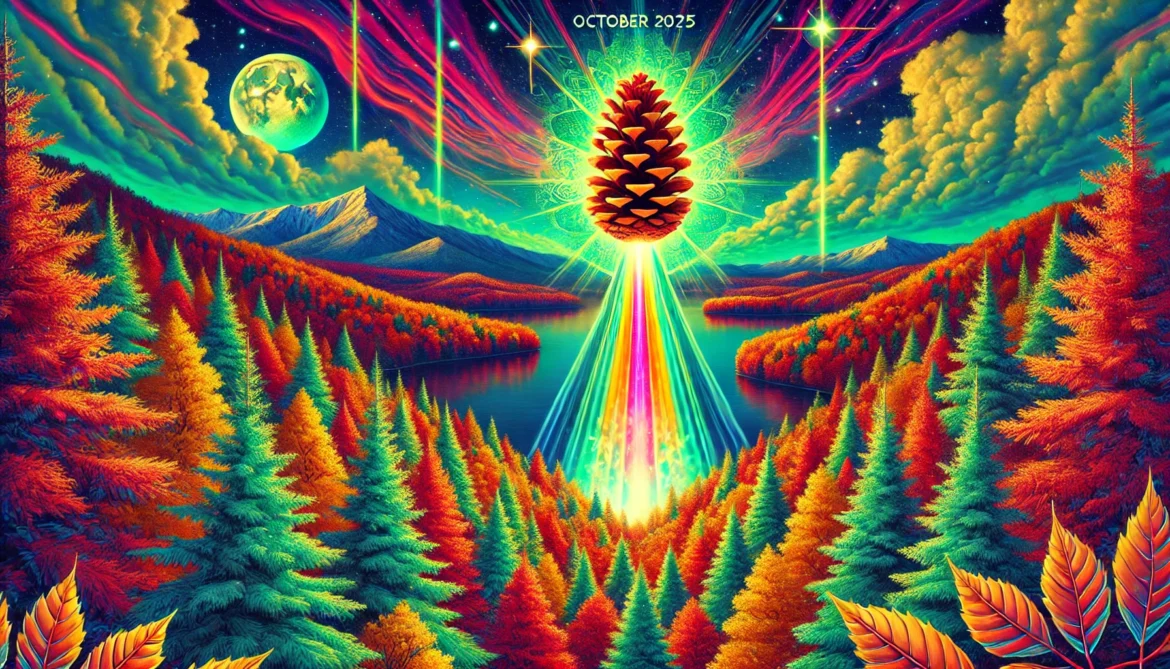Artsy Fartsy
I was ten when someone spat in my face to protest what they believed I stood for. It happened at a grocery store in Stockholm. The cashier asked me where I was from. “South Africa,” I said proudly, visiting for the first time from boarding school for the Christmas holiday.
Pa worked at the South African Embassy, which was an important post because Stockholm was where the African National Congress, Nelson Mandela’s party, was exiled. In 1982, Mandela had already spent 18 years as a political prisoner on Robben Island, South Africa’s Guantanamo.
“Africa?” the cashier asked, placing my purchases in the bag. “But you are white.”
“Yes, but in South Africa, we have many different races, white people, black people, Indian people, and coloreds too.” ‘Coloreds,’ a non-offensive term back home, meaning people of mixed race who spoke predominantly Afrikaans, the language of the ‘oppressors,’ apparently did not translate well overseas. “You know, white and black ‘problems’,” I added helpfully, handing her my Krona. “Apartheid,” I all but whispered as I took my change.
That’s when she lobbed the loogie.
I was raised as a citizen of the world. My parents can best be described as artsy intellectuals with a thirst for travel, good food and wine. A house filled with opera and classical music. Hobbies like miniature Victorian furniture making and porcelain painting (Ma), and Ikebana and candle-making (Pa). Together, sometimes assisted by my sister and I, they would polish river rocks in the garage until they gleamed, drinking canned beer and chain smoking.
Ma is an artist; a writer who won awards for Afrikaans radio dramas and published crossword puzzle books, a painter and pianist before a stroke at the age of forty-two left her partially paralyzed. Pa worked for the Department of Foreign Affairs, his final posting as Consul General in Brazil; now, at the age of 72, he asks whether you want “Paper or Plastic” at a Publix in South Carolina.
Historically-speaking, many Afrikaaners worked for the South African Nationalist government back then, a ‘safe job’ after independence was declared in 1960. As revenge for decades of colonization, Brits did not need apply.
During the Second Boer War, my great-grandmother, Moekie, was forced into a British concentration camp. By 1902, more than 25,000 Boer women and children–a quarter of the Afrikaaner population–had died of disease and neglect, the majority, children under the age of sixteen. Ma told me all Moekie would say of those days was, “I don’t want to talk about it.”
Moekie’s farm was called Volhaarding–”Perseverance”–which should be our family motto (or at least my middle name).
The perseverance of my forefathers to leave Europe in the 16th century, fleeing religious persecution. Imagine a life so awful, you are willing to board a ship and sail across oceans for an unknown future in a hostile land.
The perseverance of Moekie to survive the camps.
The perseverance of her daughter, my maternal grandmother, to live to ninety-four, through wars, independence, apartheid, to see the world change from steamships and telegraphs to moon rockets and instantaneous internet. To see Mandela walk free.
The perseverance of my mother to learn to walk and speak again.
The perseverance of my parents to encourage a better future for their children in the “land of the free, the home of the brave.”
My sister’s perseverance to emigrate before me, recruited out of college because of a shortage in US occupational therapists.
My own perseverance to seek the best future life could guarantee: Two suitcases, a law degree, and a brand new husband in tow, in 1996 I emigrated to America. Not for the reason most asked when I arrived, which still shocks today, “Did you leave because the blacks came to power?” (Most often, the word used was not “blacks.” I’d never encountered such blatant racism in South Africa.) “No,” I would explain, “I won the green card lottery.”
No one had heard of such a thing. People seemed surprised, or amused, “We give away green cards in a lottery?” No one cared that a white, female lawyer and her white, software engineer husband fell into the visa category: “Diversity.”
In the Castro neighborhood of San Francisco where we settled, we soon discovered we were “diverse” all right… the “token straight couple,” as our gay neighbors called us during “Thuper Gay Thuper Bowl” Sunday, where we only watched commercials. No one knew the rules of the game.
I learned in America, “diversity” did not mean a white women, born in Africa, who becomes an American citizen, as I did in 2000, may call herself “African-American.”
“You can’t say that. It’s racist,” I was told. “Why?” I asked. “Because I’m white?” I did not say aloud, Isn’t THAT racist?
Such is today’s American “exceptionalism,” exported years ago as “Coca-Cola crapitalism” with commercials of happy couples sipping sweet cane sugar, later, laced with the bitter taste of aspartame, later still, without a need to sugarcoat the empire anymore, with bombs dropping from drones in the sky.
The country of the Founding Fathers, the one based on liberty and individualism, existed only in the collective imagination of a nation; it was a lie.
George Washington, revered for leading a violent revolution against the British empire, much like the Boers once did, said: “Perseverance and spirit have done wonders in all ages.” But Washington would not recognize the America of today: the bitterness, racial division, our loss of free speech, free expression, free thought.
Regardless, I know this: I will persevere at making New Hampshire the freest place on Earth. I vow to do it peacefully, and with spirit.

